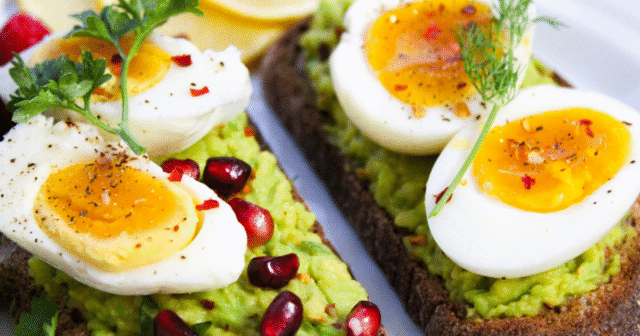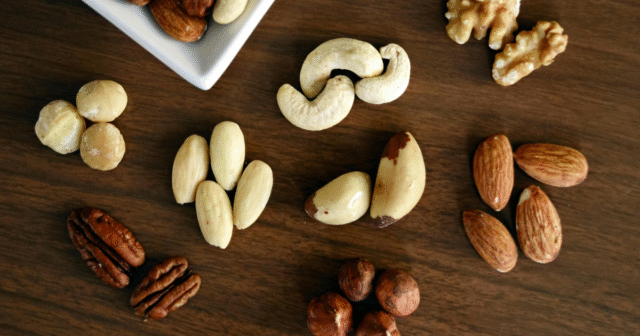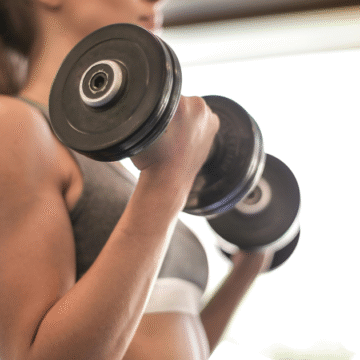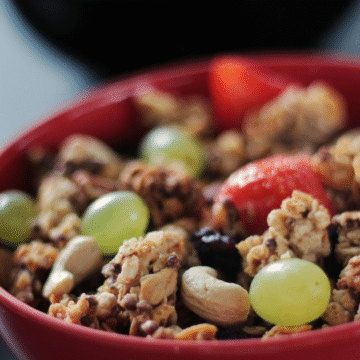Why Timing Matters
After a gruelling workout, your muscles are in a state of repair. Exercise causes small tears in muscle fibres, and consuming protein after exercise provides the necessary building blocks for repairing and building muscle tissue. This process, known as muscle protein synthesis, is crucial for increasing strength and improving body composition.

Spreading Protein Intake Throughout the Day
The ideal way to consume protein is to spread it throughout the day. Including a source of protein in each meal and snack helps maintain a steady supply of amino acids, which are the building blocks of protein, to your muscles. This approach supports overall muscle repair, growth, and other bodily functions such as immune function and hormone production.
Here are some tips for incorporating protein into your daily meals:
- Breakfast: Start your day with a protein-rich breakfast. Consider options like Greek yogurt, eggs, or a protein smoothie.
- Snacks: Keep protein-packed snacks handy. Nuts, seeds, cheese, or protein bars are great options.
- Lunch and Dinner: Ensure that your main meals include a good source of protein, such as chicken, fish, tofu, or legumes.
The Best Time to Have Protein After Exercise
Consuming protein shortly after exercise is particularly beneficial. The period immediately following your workout is when your muscles are most receptive to nutrient intake. This window, often referred to as the “anabolic window,” is the prime time for muscle repair and growth.
Here’s why this timing is crucial:
- Initiates Muscle Repair: Exercise causes microtears in muscle fibres. Consuming protein after a workout provides the amino acids needed to repair these tears, leading to muscle growth.
- Stimulates Muscle Protein Synthesis: Protein intake post-exercise boosts the muscle protein synthesis process, which is essential for building new muscle tissue.

Quality and Quantity of Protein
While the timing of protein intake is important, the quality and quantity of protein consumed are equally crucial. Aim for high-quality protein sources that provide all essential amino acids. These include:
- Animal Proteins: Chicken, beef, fish, eggs, and dairy products.
- Plant Proteins: Quinoa, beans, lentils, chickpeas, tofu, and tempeh.
Regarding quantity, the general recommendation is to consume about 20-30 grams of protein per meal or snack. This amount helps ensure your body has enough amino acids to support muscle repair and growth.
Benefits of Consuming Protein After Exercise
In addition to muscle repair and growth, consuming protein after exercise offers several other benefits:
- Increased Strength: Regular protein intake post-workout can lead to greater strength gains over time.
- Improved Body Composition: By supporting muscle growth and repair, protein helps enhance overall body composition, making you leaner and stronger.
- Enhanced Exercise Performance: Adequate protein intake can improve recovery, allowing you to perform better in subsequent workouts.
- Satiety: Protein helps keep you feeling full and satisfied, which can be beneficial for weight loss or weight maintenance goals.
No Specific Time to Avoid Protein
There are no specific times when you shouldn’t have protein. It’s an essential nutrient that our bodies require for various functions. However, it’s important to be mindful of the quality and quantity of protein you consume and consider any personal dietary restrictions or allergies.

Final Thoughts
Consuming protein throughout the day, with a particular emphasis on the post-exercise period, can significantly enhance muscle repair and growth. By ensuring that each meal and snack contains a source of protein, you support your body’s ongoing needs for muscle repair, immune function, and overall health. Remember, consistency in your protein intake, along with quality and quantity, is key to achieving your fitness goals.




